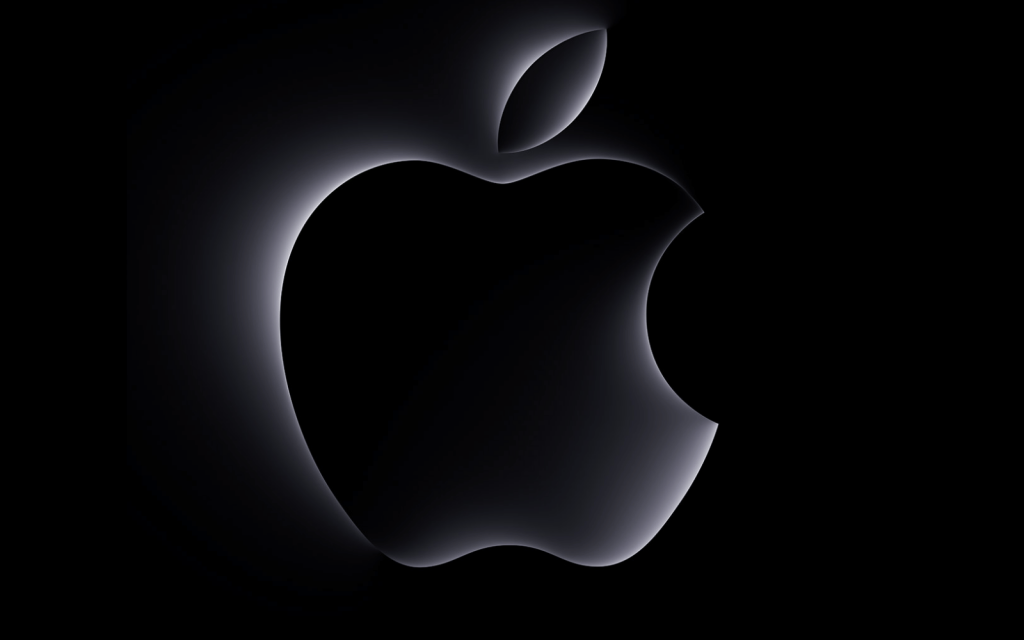Remember, remember, the first of November
Surprise! Apple is coming out of the woodwork for yet another product launch, despite a busy iPhone-filled September. That’s not unusual, not by a long stretch. If you’re familiar with the Big Fruit’s strategy, a slew of new Mac-related products are coming our way soon; including two new MacBook Pros, a revamped Mac Mini, an M4-toting iMac, and iPad Mini.
The event – expected to debut at the end of October according to Mark Gurman’s Power On newsletter – mimics that of Apple’s ‘Scary Fast‘ event in 2023, except that the M4 SoC is drawing all the attention this time. Gurman reckons those products will be on shelves in time for Friday, 1 November. That makes us think Apple will take to Apple Park the week before, around 22 October, with pre-orders opening on 25 October.
There isn’t much in store where the iMac and MacBook Pros are concerned. Apple’s done its usual bit by swapping out the old M3 chips for the new M4 SoC, left the price as is, and called it a day. The same could be said for the now three-year-old iPad Mini, which is set to receive more or less of a spec upgrade rather than any physical changes.
Google’s feeling blue
People trust blue ticks. At least, they did. That was until Twitter went and screwed everything up. Google is hoping to restore some of that faith by bringing its own blue tick to Search. It’s a form of verification the search giant is cooking up that aims to turn people away from sites that may be fraudulent or simply unsavoury when they turn up in search results.
“We regularly experiment with features that help shoppers identify trustworthy businesses online, and we are currently running a small experiment showing checkmarks next to certain businesses on Google,” Google public affairs spokesperson Molly Shaheen told The Verge.
Hovering over a blue tick brings up the message: “This icon is being shown because Google’s signals suggest that this business is the business that it says it is.” It also mentions that it cannot guarantee the “reliability” of the website, or its products, making us wonder just how useful the feature actually is.
Many users have already reported spotting the new verification in Search, although it’s not yet known how wide Google has cast this beta net. The Verge spotted it on such companies as Apple, Meta, Epic Games, and HP, though was unable to view them after signing into another Google account. At the time of writing, Google has yet to even officially announce the feature, let alone confirm when it’ll be out in the wild.
A new high-end Audio Technica turntable has arrived
Japanese audio maker Audio Technica recently released the AT-LP8X. This new high-end turntable combines a vintage style, familiar to fans of the brand, and modern technology to not only make your LPs more enjoyable but also a little easier to listen to. It is modelled from the company’s LP players from the ‘60s and ‘70s but marries a direct-drive motor with a semi-automatic system that will lift the J-shaped tonearm for you when it’s time to change sides.
The AT-LP8X also offers plenty of customisation options to those who are interested. The standard AT-VM95E cartridge can be swapped out for another in the VM95 series and it supports VTA (vertical tracking angle) adjustments, in case you thought you didn’t sound pretentious enough when you have guests over.
If you’re worried about vibrations messing with your precious sound, you needn’t be. A hefty MDF plinth, rubber-damped aluminium platter, and adjustable feet mean you’ll receive only the purest scratchy analogue sound. You can add the aluminium die-cast AT-LT10 headshell as a separate purchase if you’re still not happy. There’s no word on when you’ll be able to buy one of these in South Africa just yet, or what they’ll cost when they do arrive. But in Europe, the AT-LP8X goes for €1,000 (R19,138) with the AT-LT10 headshell costing a further €60 (R1,150).
343 Industries may be gone, but Halo lives on
Halo isn’t dead, despite the best efforts of all those suits at Paramount. In fact, the videogame series just received its biggest breath of life yet. All Halo games from here on out will be built in Unreal Engine 5 and published under Halo Studios. Which, by the way, is just 343 Industries with a shiny new logo slapped on its face. The actual people building the games? They haven’t changed.
The company obviously felt the need to remind the world it was still developing Halo games, just with a new recipe in mind. The rebrand certainly helped get that point across, but the thing that really drove it home was Halo‘s developers telling us all this themselves through a ‘trailer‘ shared at the 2024 Halo World Championship and accompanying Xbox Wire blog post.
“If you really break Halo down, there have been two very distinct chapters. Chapter 1 – Bungie. Chapter 2 – 343 Industries. Now, I think we have an audience which is hungry for more. So we’re not just going to try improve the efficiency of development, but change the recipe of how we make Halo games. So, we start a new chapter today.”
A new name won’t help bring Halo back to its former glory, however. The developers are putting their faith in Unreal Engine 5, ditching the Slipspace Engine that helped Halo build its multiplayer legacy all those years ago. When this new, sexy Halo may materialise, is still being kept under wraps.








